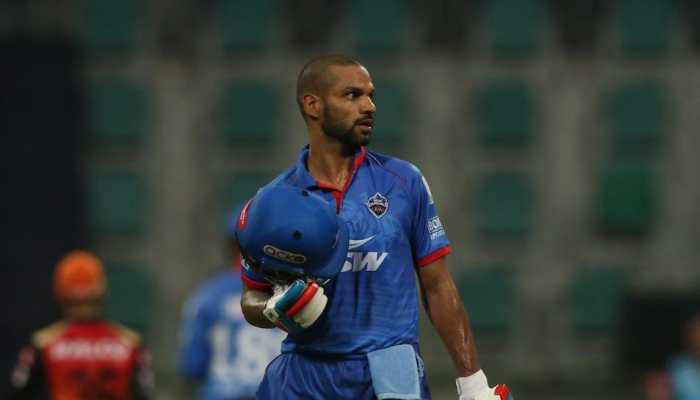Career Guide: Pharma Sector Offers Equally Rewarding Opportunities, Say Experts
India currently offers several comprehensive pharmacy programs: the Bachelor of Pharmacy (B. Pharm), the Diploma in Pharmacy (D. Pharm), and the Doctor of Pharmacy (Pharm D) - a six-year program that students can pursue right after class 12.
Trending Photos
)
Year after year, lakhs of Indian students dedicate themselves to the arduous task of cracking the NEET exam, dreaming of a career in medicine. But what if there's another path, equally rewarding and less trodden, that could lead to a fulfilling career in healthcare? We are talking about pharma sector. Pharmacy education in India has evolved significantly, gaining a pivotal place in the healthcare sector. Today, it plays a crucial role in shaping the direction of healthcare by supporting research, drug development, and the pharmaceutical industry. With an increasing demand for highly skilled healthcare professionals, particularly in pharmacology, clinical practice, and emerging fields like pharmacovigilance, drug regulation, and biopharmaceuticals, pharmacy education stands out as one of the most dynamic and essential areas within healthcare.
India currently offers several comprehensive pharmacy programs: the Bachelor of Pharmacy (B. Pharm), the Diploma in Pharmacy (D. Pharm), and the Doctor of Pharmacy (Pharm D) - a six-year program that students can pursue right after class 12. Additionally, for those seeking advanced specialization, Master's programs in areas like Pharmacognosy and Pharmaceutics are available. These programs impart essential pharmaceutical knowledge and prepare students for diverse career paths in hospitals, drug stores, regulatory agencies, and the pharmaceutical industry.
Amit Sharma, Chairman of the Amritsar Group of Colleges (AGC Amritsar), underscores the importance of this shift, "As India's pharmaceutical industry is poised to grow rapidly, the demand for skilled pharmacists who understand both clinical and commercial aspects has surged. Pharmacy professionals in India are increasingly stepping into roles beyond traditional dispensing, supporting a sector that contributes nearly 20% of the world's generics market by volume."
The Pharmacy Council of India (PCI) has set stringent standards for academic and practical training, ensuring that pharmacy education in India meets high-quality benchmarks. The B. Pharm program, in particular, includes advanced subjects like pharmacology, clinical pharmacy, and pharmaceutical chemistry, which allow for specialization and prepare students to meet the growing healthcare needs of the nation. Meanwhile, the D. Pharm provides a foundational understanding suitable for entry-level positions in retail pharmacies and hospital settings.
As Dr. Gaurav Tejpal, Principal of AGC, explained, "India now has around 20 lakh registered pharmacists, many of whom work beyond dispensing, actively involved in patient care and chronic disease management. With rising drug complexities and a shift towards personalized medicine, pharmacists are key contributors to healthcare outcomes, particularly as India's healthcare expenditure is projected to grow to 3% of its GDP by 2025. Pharmacists are not only an emerging career option but also a well paid profession. It comes with entrepreneurship opportunity as well."
In India, pharmacists now serve as integral members of the healthcare team, working closely with doctors and nurses to ensure the safe and effective use of medicines. The growing complexity of drug therapies, coupled with the rise of personalized medicine, has elevated the role of pharmacists in patient counseling, chronic disease management, and clinical research, making them essential to achieving the nation's healthcare objectives.
Stay informed on all the latest news, real-time breaking news updates, and follow all the important headlines in india news and world News on Zee News.
Live Tv







)
)
)
)
)
)
)
)
)
)
